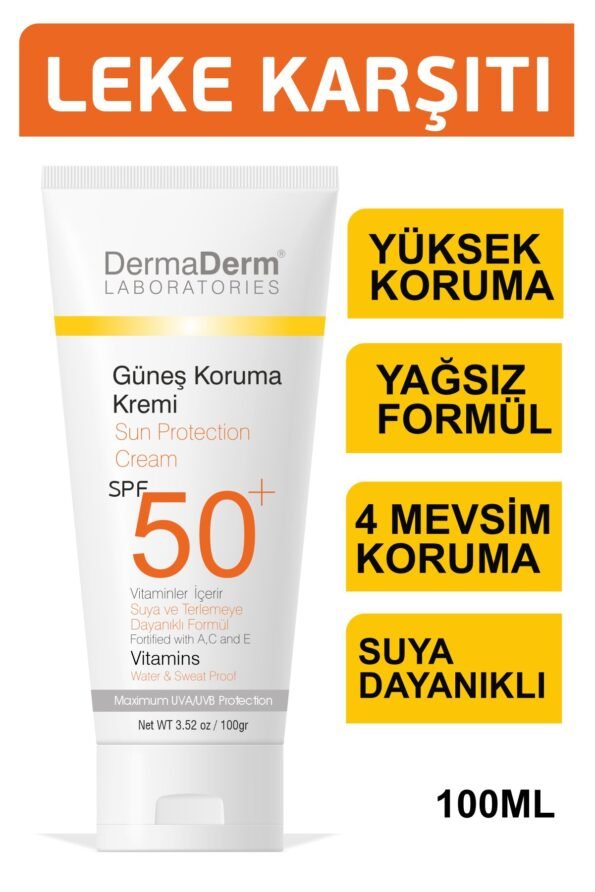Sunscreen is essential for protecting the skin from harmful UV radiation, preventing sunburn, premature aging, and reducing the risk of skin cancer. The active ingredients in sunscreens are broadly categorized into organic (chemical) and inorganic (physical) filters. Below is a detailed breakdown of these two categories, including their benefits, advantages, and disadvantages.
1. Organic (Chemical) Sunscreen Ingredients
Organic sunscreens, also known as chemical sunscreens, contain active ingredients that absorb UV radiation, converting it into heat and releasing it from the skin. Common organic sunscreen ingredients include:
- Avobenzone
- Benefits: Provides broad-spectrum protection, particularly effective against UVA rays.
- Advantages: Lightweight and easy to blend into the skin without leaving a white cast.
- Disadvantages: Degrades when exposed to sunlight, requiring stabilizers or reapplication for consistent protection.
- Oxybenzone
- Benefits: Absorbs both UVA and UVB rays, offering broad-spectrum coverage.
- Advantages: Highly effective in small concentrations.
- Disadvantages: Can cause allergic reactions in sensitive individuals and is a known environmental hazard, particularly to coral reefs.
- Octinoxate
- Benefits: Effective UVB absorber, preventing sunburn.
- Advantages: Provides good UV protection in lightweight formulations.
- Disadvantages: Less effective against UVA rays and can degrade quickly when exposed to sunlight.
- Homosalate
- Benefits: Primarily absorbs UVB rays, complementing other ingredients.
- Advantages: Works well in combination with other sunscreen agents.
- Disadvantages: May accumulate in the body over time, raising concerns about potential hormonal effects.
- Octocrylene
- Benefits: Absorbs UVB and short UVA rays, stabilizing other ingredients like avobenzone.
- Advantages: Water-resistant and photostable.
- Disadvantages: May cause skin irritation or allergic reactions in sensitive skin.
- Ensulizole (Phenylbenzimidazole Sulfonic Acid)
- Benefits: Offers strong UVB protection.
- Advantages: Lightweight and water-soluble, ideal for oily skin.
- Disadvantages: Minimal UVA protection, requiring combination with other ingredients.
2. Inorganic (Physical) Sunscreen Ingredients

Inorganic sunscreens, also called physical sunscreens, use mineral-based ingredients to reflect and scatter UV radiation. The two most common inorganic sunscreen ingredients are:
- Zinc Oxide
- Benefits: Offers broad-spectrum protection against UVA and UVB rays.
- Advantages: Non-irritating, making it suitable for sensitive skin. Stable under sunlight and provides immediate protection upon application.
- Disadvantages: Can leave a white cast on the skin, particularly on darker skin tones. Heavier formulations may feel greasy.
- Titanium Dioxide
- Benefits: Primarily effective against UVB and short UVA rays.
- Advantages: Gentle on the skin and less likely to cause irritation. Commonly used in formulations for babies and those with sensitive skin.
- Disadvantages: Provides less coverage against long UVA rays compared to zinc oxide. May also leave a white cast.
Comparison of Organic and Inorganic Sunscreen Ingredients
| Feature | Organic Sunscreens | Inorganic Sunscreens |
|---|---|---|
| Mechanism | Absorb UV radiation and convert to heat | Reflect and scatter UV radiation |
| Texture | Lightweight and blends easily | Thicker, may leave a white cast |
| Skin Types | Suitable for normal to oily skin | Ideal for sensitive and acne-prone skin |
| Photostability | May degrade under sunlight | Stable under sunlight |
| Immediate Protection | Requires 15-30 minutes to activate | Provides immediate protection |
| Environmental Impact | Potentially harmful to marine life | Generally considered reef-safe |
Advantages of Organic Sunscreen Ingredients
- Lightweight Formulas: Chemical sunscreens are often formulated as lightweight lotions or sprays, making them comfortable for everyday use.
- Blends Seamlessly: These sunscreens are less likely to leave a white cast, making them suitable for all skin tones.
- Water-Resistant Options: Many chemical sunscreens are designed for water resistance, ideal for outdoor activities.
Disadvantages of Organic Sunscreen Ingredients
- Potential Skin Irritation: Some ingredients can cause allergic reactions, particularly in sensitive skin.
- Environmental Concerns: Ingredients like oxybenzone and octinoxate can harm coral reefs and aquatic ecosystems.
- Requires Reapplication: Due to potential degradation under sunlight, frequent reapplication is necessary for effective protection.
Advantages of Inorganic Sunscreen Ingredients
- Broad-Spectrum Protection: Zinc oxide, in particular, offers comprehensive UVA and UVB coverage.
- Gentle on Skin: Ideal for individuals with sensitive skin, rosacea, or acne.
- Photostable: Does not degrade when exposed to sunlight, ensuring consistent protection.
Disadvantages of Inorganic Sunscreen Ingredients
- White Cast: Mineral sunscreens can leave a noticeable residue, particularly on darker skin tones.
- Thicker Texture: Some formulations may feel heavy or greasy on the skin.
- Limited Variety: Fewer options for water-resistant formulations compared to chemical sunscreens.
How to Choose the Right Sunscreen
Selecting the best sunscreen depends on your skin type, lifestyle, and specific needs:
- For Sensitive Skin: Opt for inorganic sunscreens with zinc oxide or titanium dioxide.
- For Oily Skin: Choose lightweight organic formulations with ingredients like ensulizole.
- For Outdoor Activities: Look for water-resistant chemical or hybrid sunscreens.
- For Reef-Safe Options: Prioritize inorganic sunscreens with minimal environmental impact.
Understanding the differences between organic and inorganic sunscreen ingredients empowers you to make informed choices for your skin health and the environment. Both types have unique benefits and drawbacks, so finding the right balance often involves personal preference and tailored skincare needs.
-
 5 üzerinden 5.00 oy aldı
5 üzerinden 5.00 oy aldı₺480.00Orijinal fiyat: ₺480.00.₺288.00Şu andaki fiyat: ₺288.00. -
 5 üzerinden 5.00 oy aldı
5 üzerinden 5.00 oy aldı₺580.00Orijinal fiyat: ₺580.00.₺325.00Şu andaki fiyat: ₺325.00.

